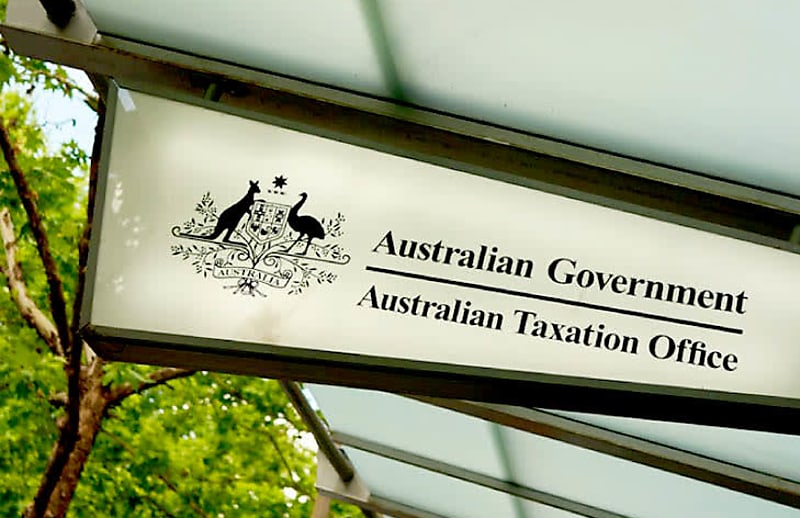A small proportion of private group taxpayers lodge their tax returns as non-residents for tax purposes, however, ATO data has suggested many of these could be residents and therefore subject to tax risks.
The ATO warned this would present problems on a tax front as determining tax residency was essential to determine how an individual or entity was taxed in Australia.
You’re out of free articles for this month
“Due to the increasing globalisation of business and the global mobility of individuals, tax residency is a key risk in the privately owned and wealthy group market,” the Tax Office said.
“Incorrect residency disclosures may lead to other tax risks, which may present for the taxpayers and their wider group.”
It was also noted that additional risks may arise based on a change in an individual or entity’s tax residency status.
Taxpayers were reminded that it was essential to correctly determine and assess their tax residency as individual tax residency or corporate tax residency.
In terms of individual tax residency, there were usually two scenarios where individuals incorrectly self-assessed themselves as non-residents: individuals who remained Australian residents while overseas, and a change of residency status for individuals who had entered Australia.
“Individuals who are long-term Australian tax residents lodge as non-residents for income tax purposes while staying overseas, yet their facts don’t sufficiently demonstrate the cessation of their Australian tax residency,” the ATO said.
“For those entering Australia, we see individuals who visit and remain in Australia continue to lodge as non-residents despite their facts and circumstances demonstrating they’re Australian tax residents.”
For corporate tax residency, a company is a resident of Australia if it was either incorporated in Australia or carried on business in Australia, even if not incorporated in Australia. Other considerations would include central management and control within Australia and voting power controlled by shareholders who are residents of Australia.
The ATO reminded taxpayers it had tax rulings and guidelines that helped determine individual and corporate residency.
These rulings and guidelines included, taxation ruling TR 2023/1, taxation ruling TR 2018/5, practical compliance guideline PCG 2018/9, tax residency and working out your residency.
Imogen Wilson
AUTHOR
Imogen Wilson is a graduate journalist at Accountants Daily and Accounting Times, the leading sources of news, insight, and educational content for professionals in the accounting sector.
Previously, Imogen has worked in broadcast journalism at NOVA 93.7 Perth and Channel 7 Perth. She has multi-platform experience in writing, radio and TV presenting, as well as podcast production.
Imogen is from Western Australia and has a Bachelor of Communications in Journalism from Curtin University, Perth.

 Login
Login






